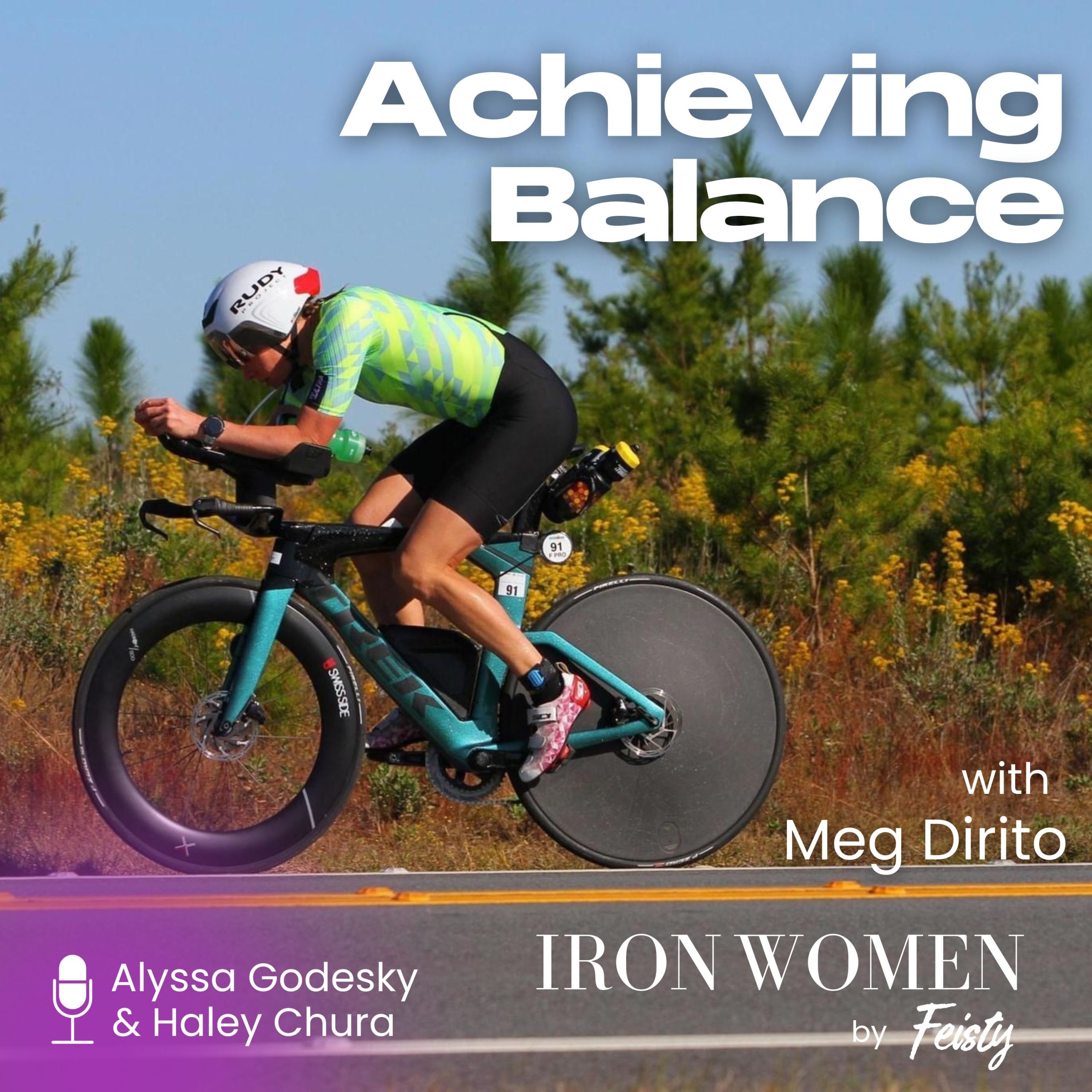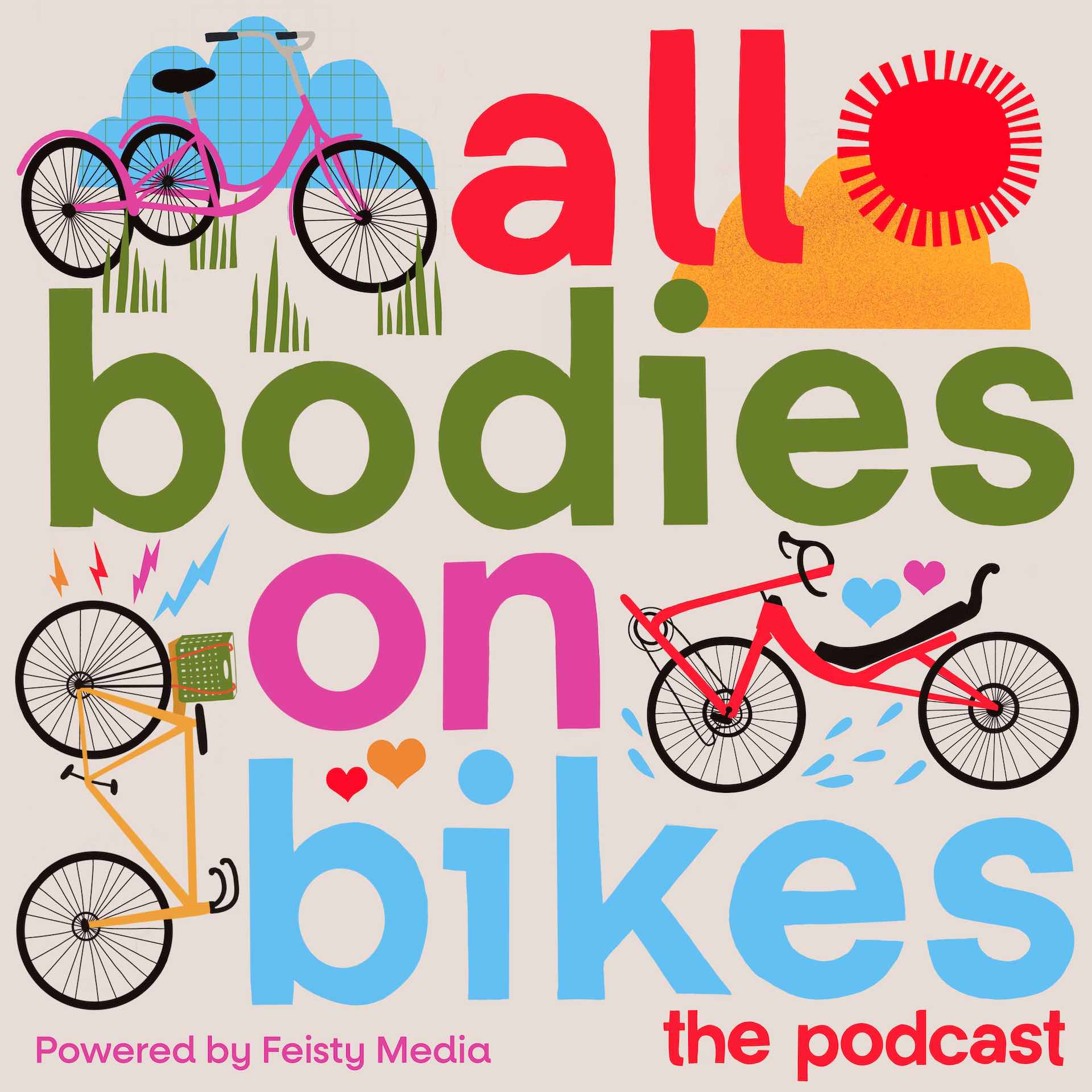June 18, 2020
Why Sport is Absolutely Political

Labeling conversations about race “political” is awash with whiteness
*I am a White person and use us/we to refer to White people, myself included.
By: Lisa Ingarfield
The perspective “sport is no place for ‘politics’” has amassed some followers of late. The prevailing argument, as I have heard it, is we must keep politics out of sport because politics – often used as a stand in for social issues – distract us from the reasons we congregate: the pursuit of athletic achievement, community development, and for women, the sisterhood of a shared connection to sport.
From Facebook groups to training squads to elite teams, the rhetoric is the same: stay in your lane and keep the conversation about sport. This position is predicated upon the belief sport operates in some apolitical, acultural bubble distinct from the society in which its participants live. Any deviation from fueling strategies, training plans, or threshold testing has no place. To discuss current and persistent social issues needlessly engenders disunity and discord. I hear this refrain almost exclusively from White people.
I would like to offer a counter opinion.
“I DON’T TALK POLITICS”
The desire to draw dividing lines between politics and sport is arbitrary and artificial. It is most often those who hold the most social power who determine where the lines should be drawn. These lines are a product of patriarchal, white supremacist thinking and every time an issue is called “political,” this exclusionary pattern of thinking is reproduced.
Deploying the term “political” as a rhetorical vehicle to silence world views challenging our own, or as a means to diffuse any possible discomfort we might feel, is itself a racialized political act. It is racialized because we are taking a side-the side of the status quo, which is to say, the side of racism. As Ibram X. Kendi (2019) shares “there is no in between safe space of not-racist. The claim of not racist neutrality is a mask for racism.” By saying nothing or actively suppressing speech by labeling it “too political” for a certain space, White people are engaging in white supremacist thinking. Naming white supremacy can feel overwhelming, perhaps even aggressive, especially if you only conceive of white supremacy as Nazism or the Ku Klux Klan. Yet, white supremacy is the very air we breathe. It is the foundation of our entire U.S. culture from sport to education to housing to healthcare. All these systems, institutions, and policies are built upon the lie that White is better. Notions of white supremacy are therefore woven into the fabric of our lives. Since white supremacy benefits White people, we don’t notice it working to our advantage. Whether we choose to acknowledge this structural reality will define our capacity to enact meaningful change in triathlon and beyond.
White people’s refusal to engage in meaningful conversation under the guise of “I don’t talk politics” or “stay in your lane” is a masterful sleight of hand. It allows us to side-step the difficult by accusing the questioner of politicizing what we perceive as an apolitical space. Sport is not and never has been an apolitical space. As David Sievers said in a thoughtful call to action for White people in triathlon,“The idea that any space is devoid of racial politics is a figment of the White imagination.”
White people maintain sport is an apolitical space because it serves us to do so. We shift the focus from us to them because we are not willing to acknowledge our part in the oppression of others. This use of the term “political” is therefore the ultimate expression of white privilege; it centers White comfort at the expense of triathletes of color. When triathletes of color raise their hand and say, “what about me and my comfort,” White people tell them there is no place for that question by labeling it “political.” White people control the narrative and the space of triathlon not only in numbers, but also in determining whose voice and experience is valid.
To quote David Sievers again,“When affirming the sanctity of life is deemed political, we should question how apolitical we are really being…Neutrality is the vantage point of those who have power.”
“NO POLITICS AT THE TABLE”
When we hear the terms “politics” or “political,” many of us may conjure thoughts of division, partisanship, and a lack of consensus. We may also think topics labeled as such are untouchable and better left to sit at the dinner table alone in the other room. I have certainly been told not to bring up politics at the family holiday dinner.
Issues dubbed “political” arise from our cultural environment. They are not abstract ideas disconnected from our daily lives. When topics affecting the lives of triathletes are labeled “political,” it is usually because White people perceive them to be divisive. We perceive discussions of racism to be divisive because we are not willing to accept our culpability in a society and culture that protects White bodies above those of Black and Brown people. “Political” therefore becomes a euphemism for something more troubling: our collective inability and unwillingness to have hard conversations, most often about the inequities across race, gender, and other social identities.
I hear from a lot of White folks who fear discussions of race and racism will fracture the warm, cozy, supportive environment they have fostered in triathlon. However, the ability to feel comfortable in the triathlon space is largely attributable to whiteness (and maleness). This comfort and sense of belonging is not universally felt, especially by women triathletes of color. White people’s definition and feelings of safety is not the bar by which we can judge triathlon’s culture, much like men’s experience of safety is not the same for women or trans athletes. Triathletes of color do not have the luxury of not thinking about race, especially in the U.S. where its entire culture is built on the backs of African slaves and the genocide of native and indigenous peoples.
It is not antagonistic to say women triathletes of color experience both sexism and racism in sport. Of course they do, because they experience it in other realms of their life, too. Sport does not have some invisible boundary that once you cross it, social identities don’t affect a person’s experience. By denying triathletes of color space to talk about their lived experience (or dismissing their expressions as an overreaction), White people erase the importance of a core part of a person’s identity. Most notably, we center our own (dis)comfort at the expense of affirming another person’s life matters.
Another related phenomenon arising over labeling discussions of race in triathlon and sport “political” and thus divisive, is the accusation that calling out someone’s racism is to personally attack them. These two behaviors have been merged as one when they are not the same. Hearing something you said or did is rooted in white supremacist thinking and racism is never fun, but it isn’t a personal attack. White people’s response to these critiques, including disengaging from dialogue, is an expression of white fragility. White fragility is a concept whereby White people retreat from difficult conversations about race and racism while at the same time centering their own perceived victimhood (“I was personally attacked”). The end result is the same as using the term “political” to stifle the free expression of a triathlete of color’s experience in the sport: White people controlling the narrative about what is and is not appropriate to discuss and defining the rules of engagement on their terms.
“I DON’T SEE COLOR”
Connected to the construction of politics as inherently divisive, or separate from sport, is the assertion I hear from White people all the time: “I don’t see color.” I have said this myself prior to my own educational and soul-searching journey on racism and white supremacy. Labeling discussions of racism as “political” and then offering the justification as “I don’t see color because we are all part of one race, the human race,” is the double whammy of erasure. “I don’t see color” further renders triathletes of color invisible and ignores the extent to which their racialized bodies are politicized and subject to violence in sport and life. The sub-text of such a statement is a person’s racial identity, an identity shaping their everyday life, has no relevance in sport because race has no relevance for White people in sport. I understand the impulse for White people to say color doesn’t matter to them, because this feels like equality. But it isn’t equality. It perpetuates our collective silence on the realities of racism in triathlon and sport by burying our heads in the sand.
For example, women of color live at the intersection of race and gender (and for many, other identities, too). Their life is shaped by how people, systems, institutions, organizations, and yes, sport responds to them because of this intersection. To ask a woman of color to leave race out of the conversation when talking about their experience in triathlon or other sport because White triathletes don’t want to “talk politics” is just ridiculous. Race and gender permeates every facet of the triathlon experience.
OUR ROLE: POLITICS TO DISMANTLE OPPRESSION
Sport institutions, organizations, and Facebook groups can reproduce oppression, or they can work to dismantle it. But to dismantle something, you first have to acknowledge it is there. White people’s insistence on labeling discussions of racism “political,” enacts a kind of psychological violence upon triathletes of color. It is a version of gaslighting; a tool used to make oppressed groups think they are imagining the harm they experience.
White people do not live under the threat of being shot while running or being reported to the police for riding a bike in a neighborhood that is not their own. White people do not go to races and see no one who looks like them. White people do not deal daily with microaggressions and side comments telling them they don’t belong. These examples are political, in that they emerge from our social, cultural and political environment. They are not soundbites used to gain some political advantage. They are urgent, necessary issues we must address.
The experiences of racism in sport are deeply felt by triathletes of color and they must also be deeply felt by White people. Just because White people do not see racism, doesn’t mean it isn’t there and we do not benefit from it. Racism doesn’t always show up explicitly. In fact, racism exists in the threads weaving together our triathlon community at its core. Turning our backs and closing our ears to those experiences because of some half-baked belief that to bring those realities in, we will unduly politicize our athletic communities is an expression of white supremacist thinking. It does nothing to dismantle a system that continues to enact violence (physical and psychological) upon triathletes of color.
White people have to resist the urge to control the narrative by ceasing to argue issues of social and cultural import “have nothing to do with sport.” White people must also engage and resist the impulse to label every critique as a personal attack. Intentions are hollow excuses when harm is caused. Continuing to label issues involving identity “political” illuminates how easily White people get to turn their activism on and off, scheduling it in between a ride or run, or participating only when it is trending. We have to stop using the term “political” as a means to avoid the hard conversations. The preservation of a person’s life and the freedom to live without fear of state sanctioned, racialized violence is deeply relevant to triathlon. To claim neutrality in the face of such ongoing violence, is to side with accepting how the world currently is. Speaking out is fundamental to any democratic society. It is past time White people realized this.
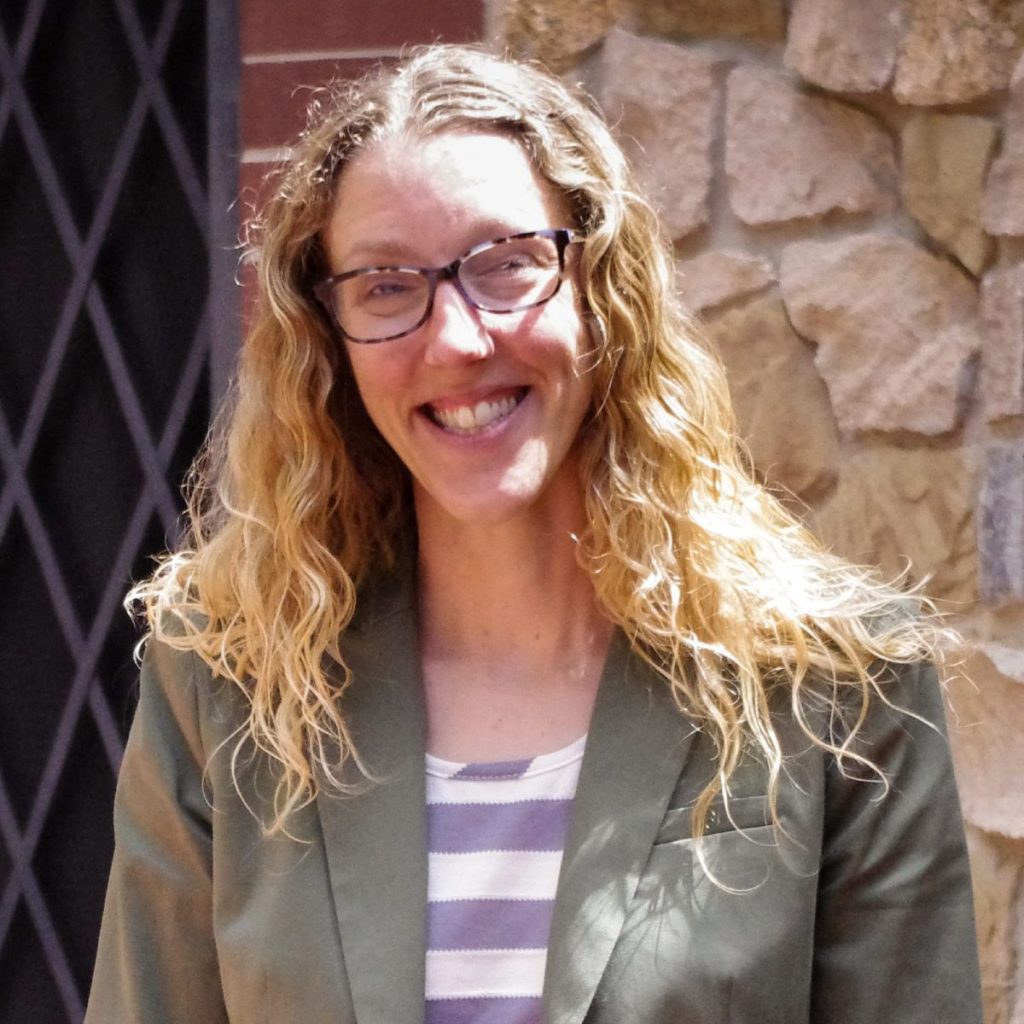
Dr. Lisa Ingarfield is one of the co-founders of the Outspoken Summit, as well as a co-owner of Shift Sports. Her work focuses on how inclusion and exclusion manifest in communication practices. Through her participation in triathlon as an age-grouper and as a coach, Lisa realized how much her research applied to gender equity problems within the sport. She races triathlon regularly and owns Tri to Defi Coaching, which provides run and triathlon coaching to women of all abilities. In addition to her work with the Outspoken Summit, she provides research and evaluation consulting services for criminal justice and advocacy agencies in the area of ending interpersonal violence. Lisa originally hails from the U.K. and currently resides in Colorado.


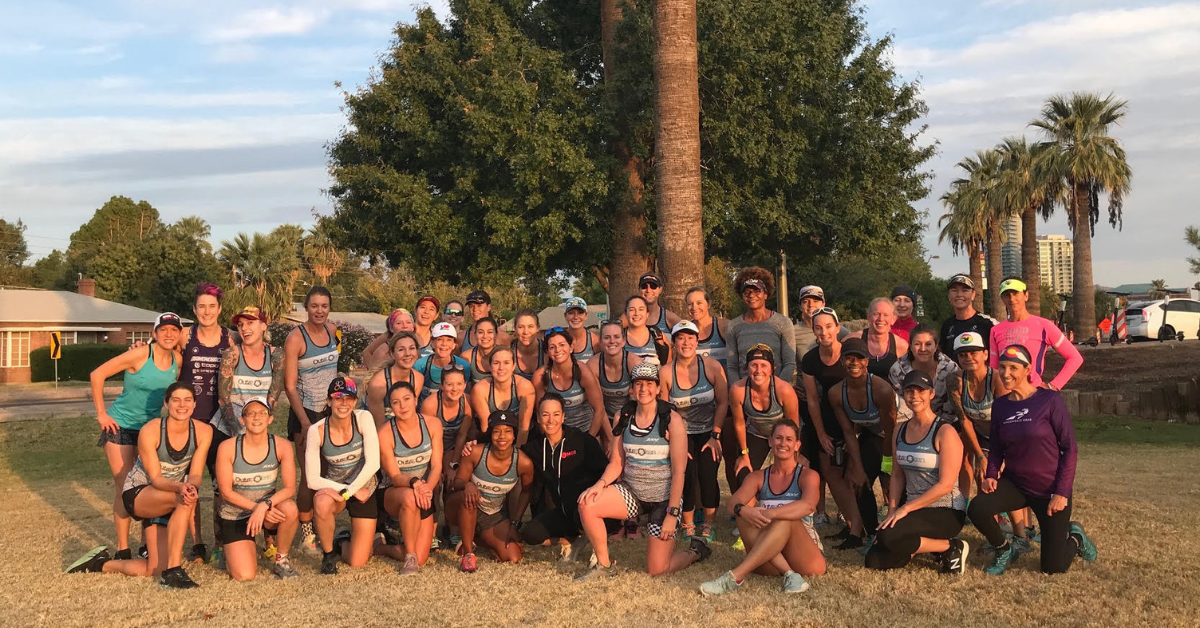 Outspoken Women in Triathlon Summit Returns Bigger than Ever
Outspoken Women in Triathlon Summit Returns Bigger than Ever  Driving the Lamborghini: Productivity and the Power of Paper
Driving the Lamborghini: Productivity and the Power of Paper 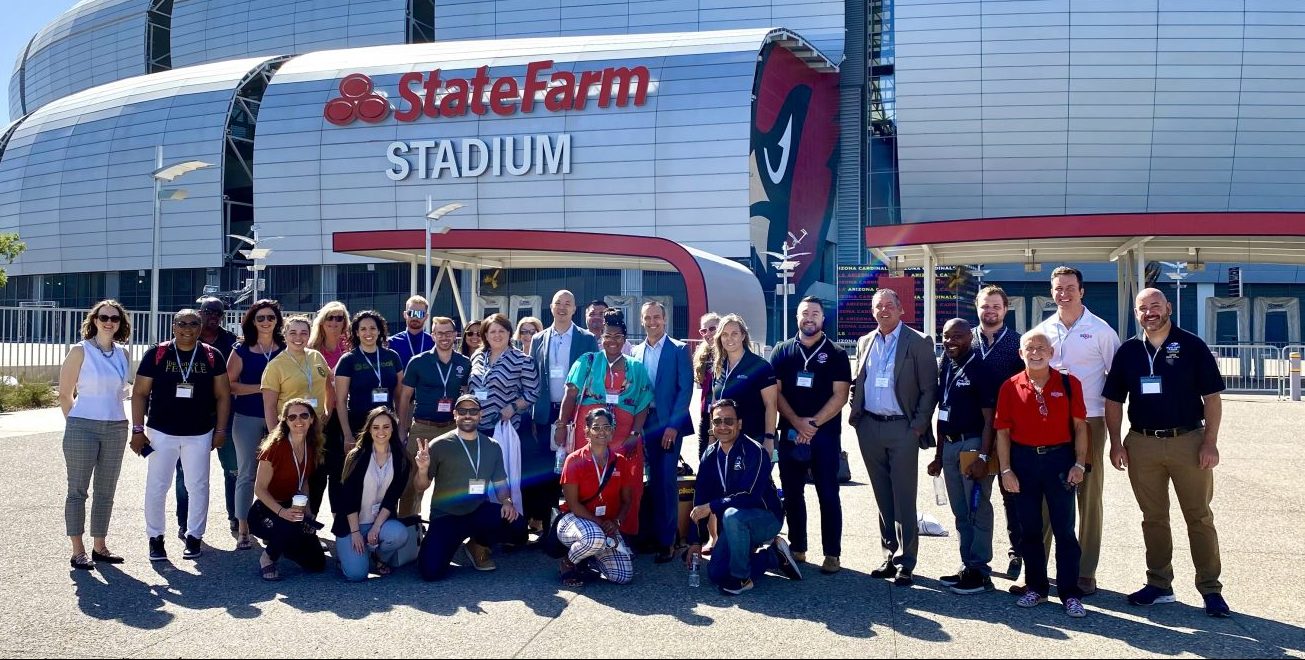 5 take aways from the Compete Sports Diversity Summit
5 take aways from the Compete Sports Diversity Summit  Simple Tips to Hone Your Bike Handling Skills
Simple Tips to Hone Your Bike Handling Skills 

